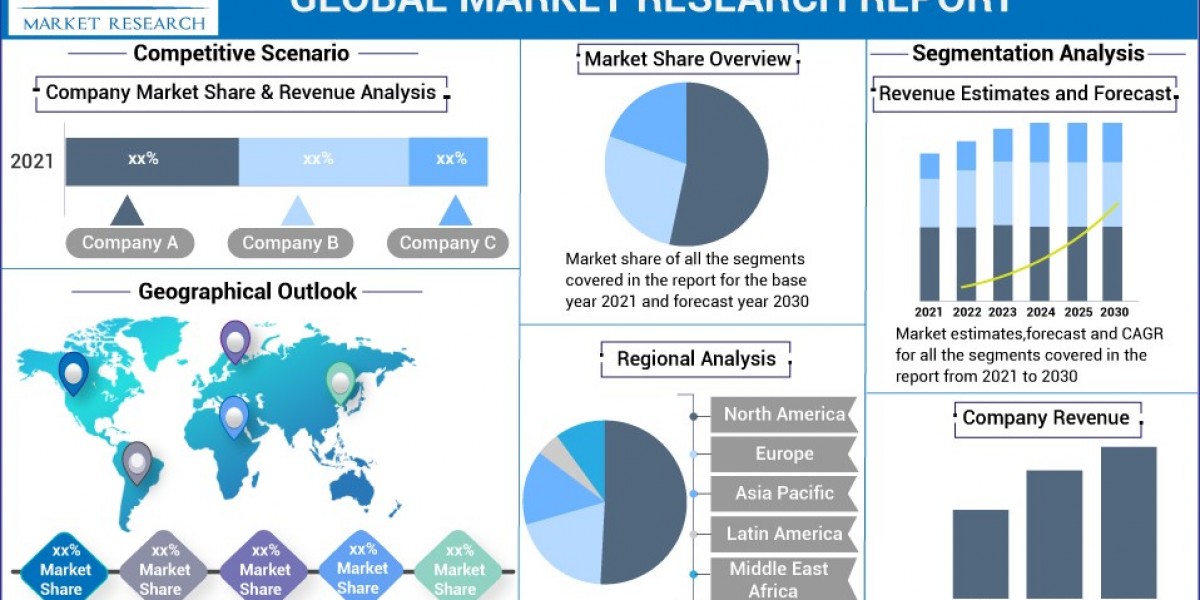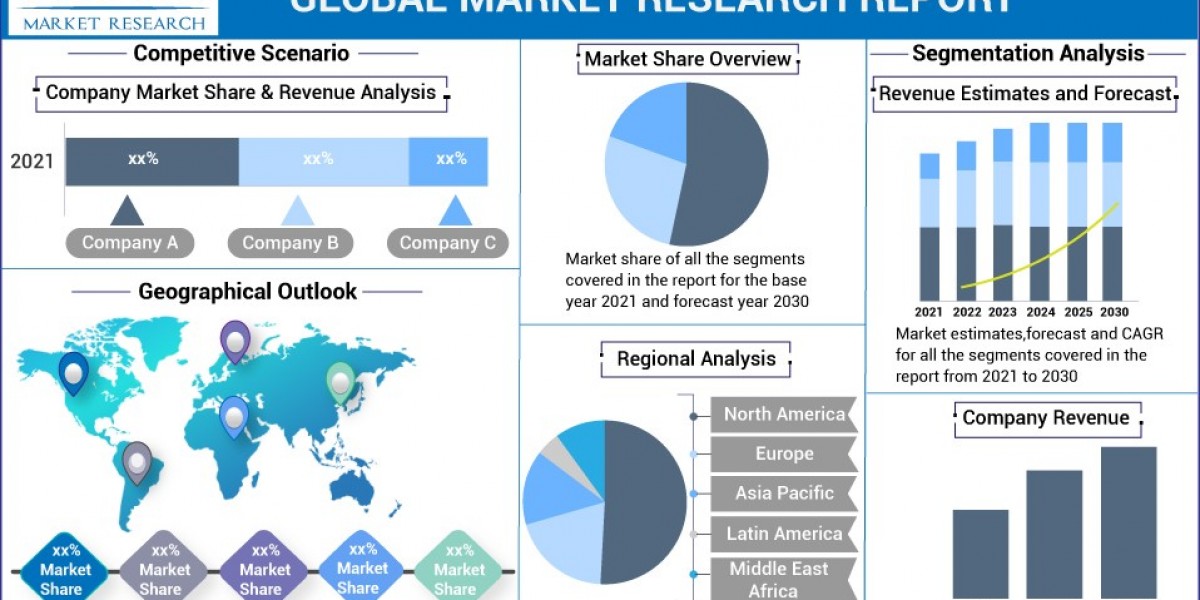The global smart grid technology market is set to witness remarkable growth, with a robust compound annual growth rate (CAGR) of 19.6% projected between 2023 and 2033, according to a recent market analysis conducted by Future Market Insights (FMI). The study indicates that the market is positioned to capture a substantial market share, estimated to reach a staggering US$ 2.5 trillion by 2033. In 2023, the market is anticipated to attain a valuation of US$ 429 billion.
The adoption of smart grid technology is driven by several key factors contributing to its exponential growth. Chief among them is the enhanced electrical transmission efficiency, which not only regulates and optimizes electrical transmission but also results in faster restoration post outages and efficient damage analysis. Additionally, the technology’s smart mitigation of electrical losses and wastage is gaining prominence among grid authorities. Remote monitoring of meters further aids authorities in curbing electrical theft.
Get Sample Copy of this Report at: https://www.futuremarketinsights.com/reports/sample/rep-gb-17420
The intersection of higher energy consumption, rapid urbanization, efficient power supply, and power tracking systems is fundamentally reshaping the smart grid technology market landscape. Substantial investments in research and development aimed at materials utilization and energy conservation tools are fostering market growth. Collaborative efforts from governments, grid authorities, and power generation units are propelling the technological advancement of grid systems.
Key Players
- ABB (Switzerland)
- Siemens (Germany)
- Schneider Electric (France)
- S&C Electric Company (United States)
- Eaton (Ireland)
- GE (United States)
- IBM (United States)
- Wipro Limited (India)
- Honeywell
- Cisco (United States)
- Aclara (United States)
- Landis+Gyr (Switzerland)
- Oracle
- Itron
Key Highlights:
- Projected CAGR of 19.6% for the smart grid technology market between 2023 and 2033.
- Estimated market share of US$ 2.5 trillion by 2033, showcasing the rapid market expansion.
- Anticipated market value of US$ 429 billion by the close of 2023.
Drivers and Opportunities:
The driving force behind the growth of the smart grid technology market lies in its enhanced electrical transmission efficiency, swift restoration post outages, and efficient damage analysis. The technology’s capability to mitigate electrical losses and wastage, coupled with remote monitoring, contributes significantly to its appeal.
Competition Analysis and Regional Trends:
As the smart grid technology market flourishes, numerous companies are vying to capture a share of this burgeoning sector. Competition among key players is expected to intensify as the market gains momentum.
Request for Methodology @ https://www.futuremarketinsights.com/request-report-methodology/rep-gb-17420
Key Segments Covered
By Software and Hardware Type:
- Distribution Management System – DMS
- Demand Response Management – DRM
- Meter Data Management System – MDMS
- Supervisory Control and Data Acquisition – SCADA
- Smart Meter
- Outrage Management System – OMS
By Sensors:
- Voltage Sensors
- Transformer Monitoring Sensors
- Dynamic Line Rating Sensors
- Home Area Network Sensors
By Communication Network:
- Wide Area Network – WAN
- Home Area Network – HAN
Key Regions Covered:
- North America
- United States
- Canada
- Latin America
- Brazil
- Mexico
- Rest of Latin America
- Europe
- Germany
- United Kingdom
- France
- Spain
- Russia
- Rest of Europe
- Japan
- Asia Pacific Excluding Japan
- China
- India
- Malaysia
- Singapore
- Australia
- Rest of Asia Pacific Excluding Japan (APEJ)
- The Middle East and Africa
- GCC Countries
- Israel
- South Africa
- The Middle East and Africa (MEA)








